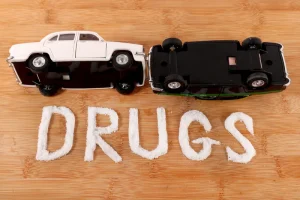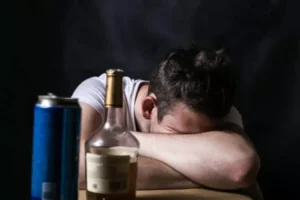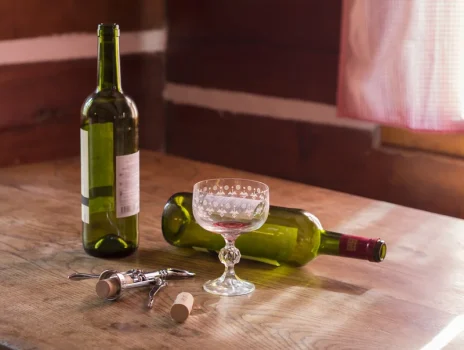
It also causes oxidative stress, damaging skin cells and accelerating the aging process. Adopting a healthy lifestyle that includes regular exercise, adequate sleep, and stress management can also benefit your skin. Exercise increases blood flow, which helps nourish skin cells and keep them healthy. Adequate sleep allows your skin to repair itself, and managing stress can reduce the risk of stress-related skin issues.
Neoplastic Skin Diseases

Additionally, alcohol increases the production of cortisol, a stress hormone that can break down collagen, leading to further skin aging and inflammation. Moreover, alcohol generates free radicals, causing oxidative stress that damages skin cells and accelerates the aging process. Thirty-four eligible journal articles were identified during the primary search and screening process (Fig. 1). These studies reported on associations between risk factors and outcomes which they linked to skin aging.
Alcohol and the Aging Process
One study of US women examining the link between type of alcohol consumption and psoriasis found an elevated risk for women who consumed 2.3 alcoholic beverages per week or more compared to nondrinkers. If you are a heavy drinker, your alcohol use will soon affect your skin health. Excessive does alcohol make you look older alcohol use accelerates the aging process in your skin and decreases your overall skin health. Common skin conditions influenced by alcohol include rosacea, psoriasis, and eczema. Alcohol can trigger or worsen these conditions due to its dehydrating and inflammatory effects.
Can alcohol cause permanent skin damage?
Researchers are also studying the possibility that alcoholic liver disease might be caused, at least in part, by your immune system attacking healthy body tissues. Since alcohol depletes levels of vitamins, (especially vitamin A) the skin’s collagen levels plummet. As a result, a person’s skin may lose all elasticity and become wrinkled. Wrinkles may be caused by alcohol’s ability to dehydrate the skin as well.

Sugar is quickly absorbed into the bloodstream, where it becomes glucose and provides our body with energy. We all know that alcohol isn’t great for us, but did you know that it can actually affect your skin’s health and even accelerate visible aging? While aesthetic skin treatments such as Botox and dermal fillers can achieve age-defying results, achieving beautiful, healthy skin also comes from following a healthy diet—and that includes limiting your alcohol intake. In this post, we examine why alcohol is bad for your skin and how you can reduce the effects of aging on your body.

However, the role of alcohol consumption in influencing skin diseases has often been overlooked. However, for skin conditions related to AUD, liver disease, or excessive alcohol consumption, the best preventive measure is to stop drinking alcohol. Skin colour has been correlated with ethnicity, with Europeans having the lightest skin, Africans exhibiting the darkest skin, and Chinese and Indian showing lightness values between the two47. However, this review identified no clear association between skin colour and skin aging.
How Excessive Alcohol Consumption Ages the Mind and Body
To help their patients prevent premature skin aging, dermatologists offer their patients the following tips. Alcohol can also increase the production of oils in the skin, which can lead to acne breakouts. Too much alcohol intake will also increase your sebum production. Dehydration caused by chronic alcohol use may lead the skin to overproduce sebum, the naturally occurring oil in your skin. Alcohol’s inflammatory effect impairs the immune response, which increases your susceptibility to bacterial infection.
- Studies have shown that alcohol, particularly red wine, is a common trigger for rosacea flare-ups.
- When doctors consider the way that drinking large amounts of alcohol affects the body’s aging process, they have come to a few conclusions.
- While heavy drinkers are more likely to have cirrhosis (permanent damage to your liver), even moderate drinking can lead to problems like fatty liver disease.
- However, just as there are ways to keep your skin looking younger, there are factors that can contribute to the appearance of aging skin.
- However, some effects of chronic, excessive alcohol use on the skin may not disappear so quickly; for example, deep lines and wrinkles caused by chronic dehydration might soften, but are likely to remain.
- By adding extra stress to your body and depriving it of the nutrients it needs to rebuild, alcohol can place you years ahead in the aging process, and affect how you look.
Yes, alcohol can exacerbate skin conditions like rosacea and acne due to its inflammatory effects. Eliminating alcohol from your lifestyle can significantly improve these conditions. Collagen is the protein responsible for skin’s firmness and elasticity. Unfortunately, alcohol can hinder collagen production in your body.

